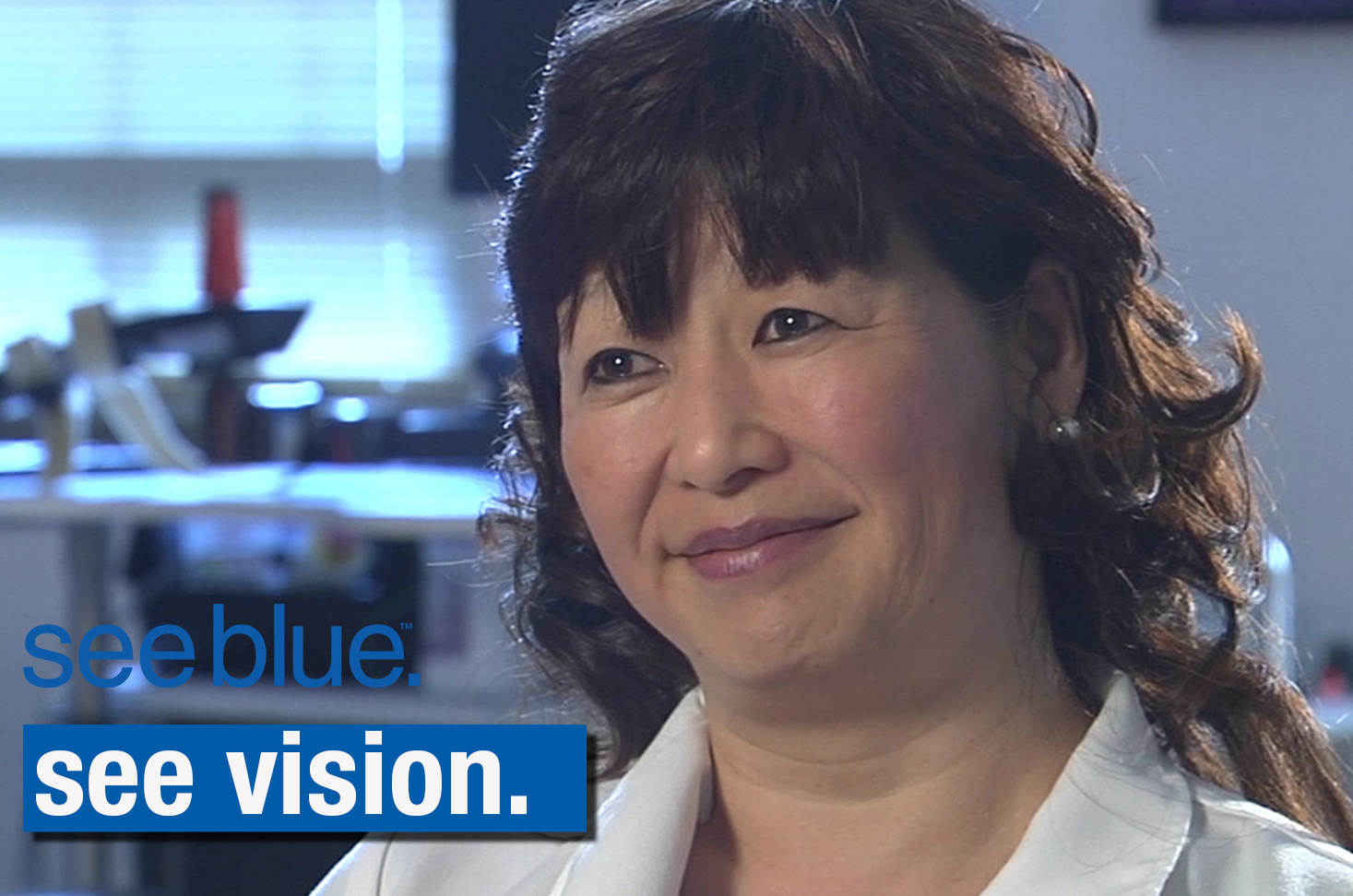News
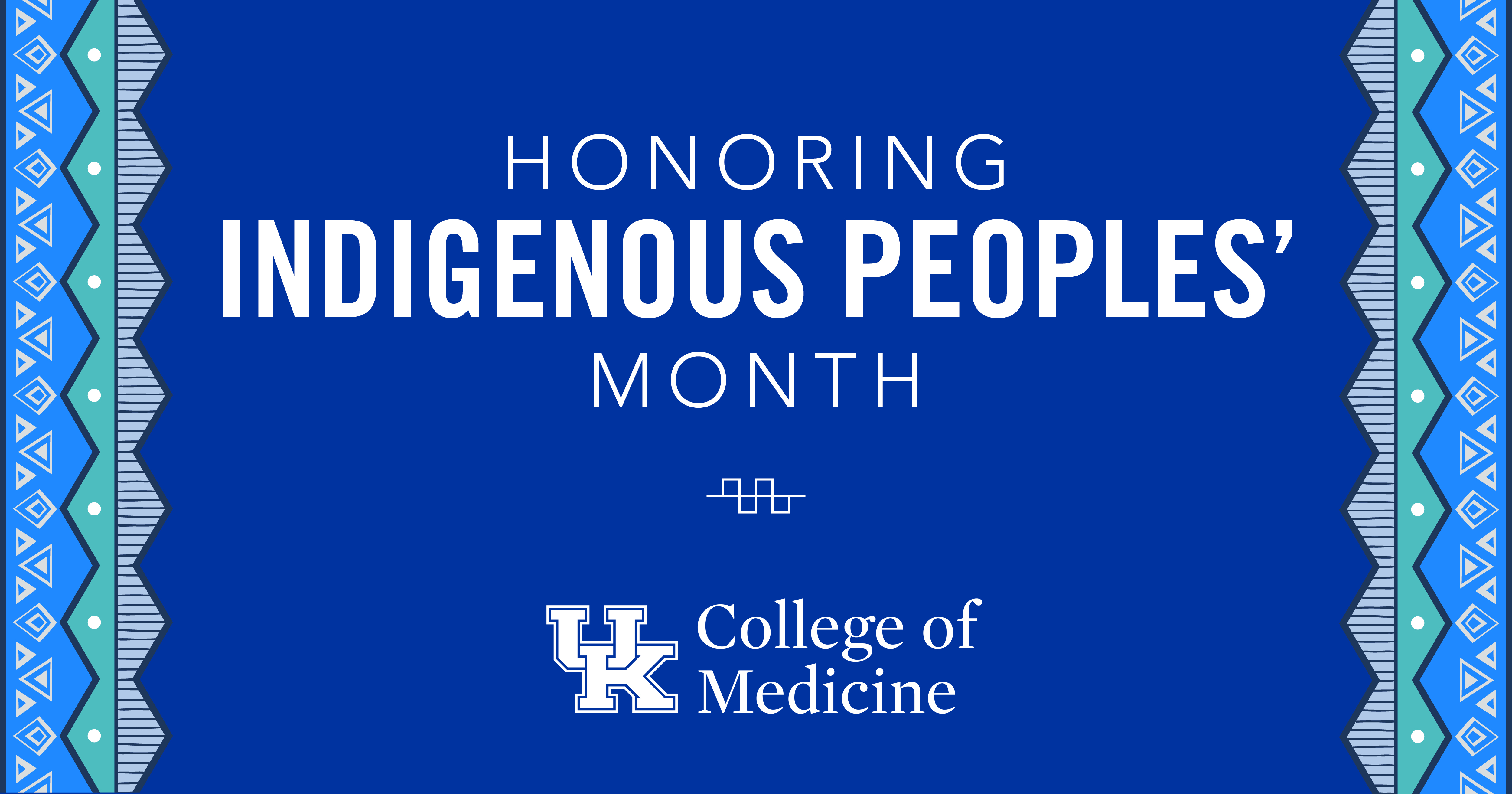
During Indigenous Peoples’ Month, the UK College of Medicine is highlighting historical figures who paved the way for an equitable future in medicine.

For the second consecutive year, the University of Kentucky College of Medicine has received the 2022 Health Professions Higher Education Excellence in Diversity (HEED) Award from INSIGHT Into Diversity magazine, the oldest and largest diversity-focused publication in higher education.

To enable the University of Kentucky College of Medicine to succeed in its mission for a healthier Kentucky, leadership must prioritize the wellness and well-being of faculty, staff, and learners. Lisa Williams, MSSA, is serving in the college’s new leadership position, associate dean for wellness and well-being, to help us excel in this goal.

LEXINGTON, Ky. (Sept.
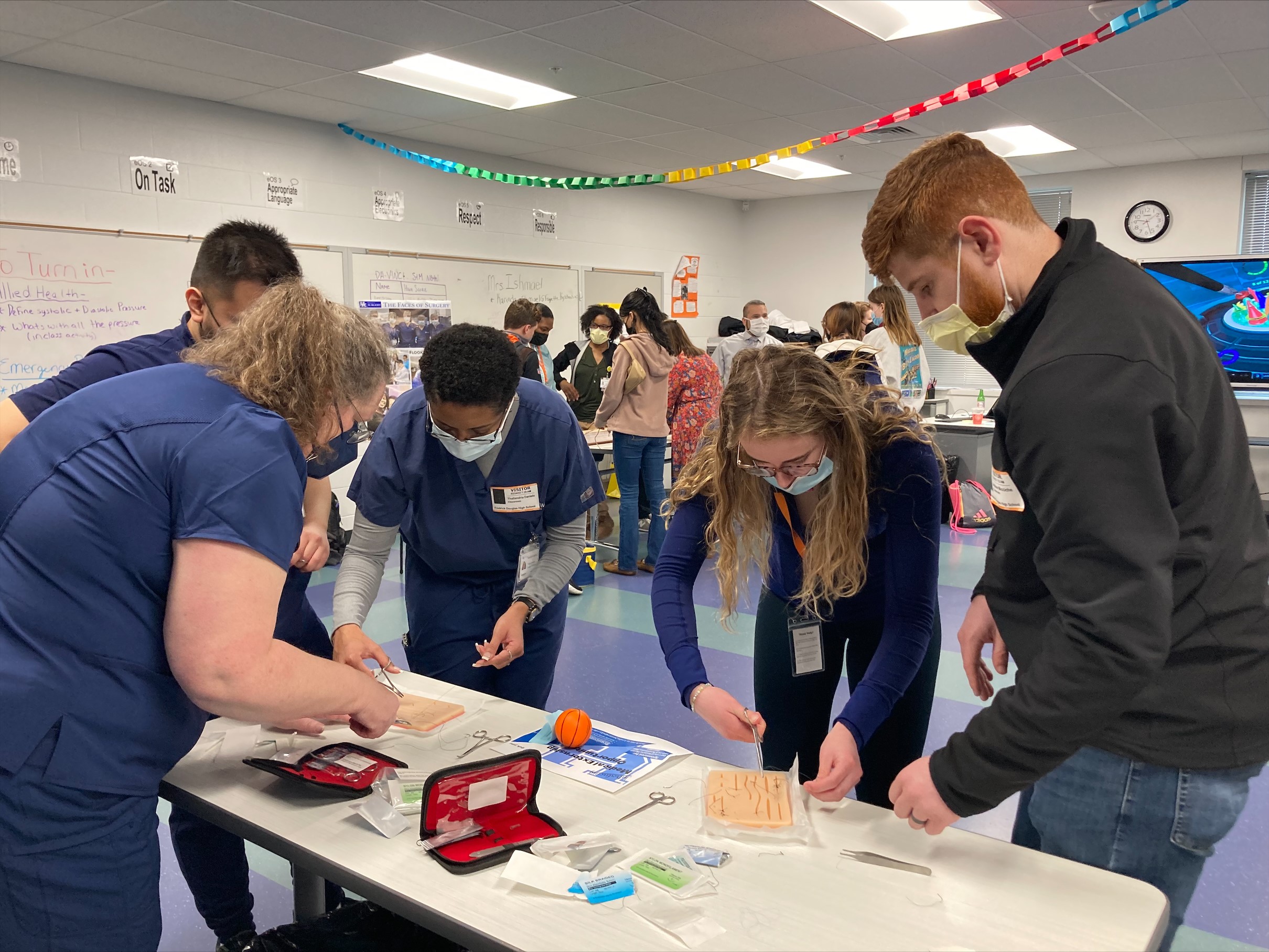
For assistant professor Jamie Key, DO, promoting equality and inclusion “is in my blood as much as red blood cells.” In fact, part of her reasoning for choosing a specialty in physical medicine and rehabilitation was so she could provide care for individuals who experience biases of ableism and help them navigate the challenges.

These residents were selected to participate in a seven-month leadership development course as they embark on their chief resident year and look forward to their future careers.
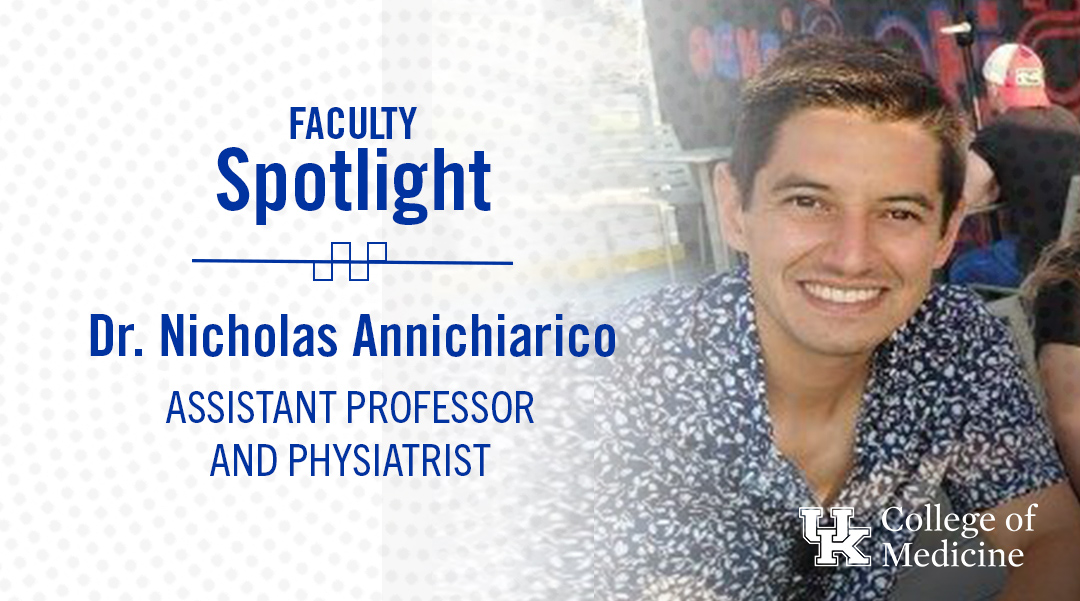
For Nicholas Annichiarico, DO, last year was one of new beginnings. After completing a physical medicine and rehabilitation residency at the UK College of Medicine, he joined the faculty as an assistant professor and physiatrist.
Just as Dr. Annichiarico’s career has soared to new heights, so has he – literally. In March of 2021, he started learning how to become a pilot. He has completed approximately one-fifth of his training in order to take the official flight test.

The University of Kentucky College of Medicine has received the 2021 Health Professions Higher Education Excellence in Diversity (HEED) Award from INSIGHT Into Diversity magazine, the oldest and largest diversity-focused publication in higher education.
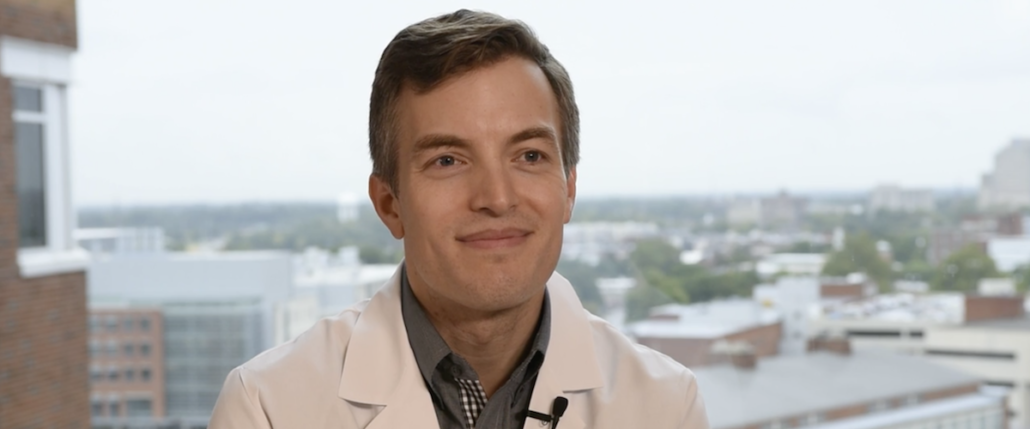
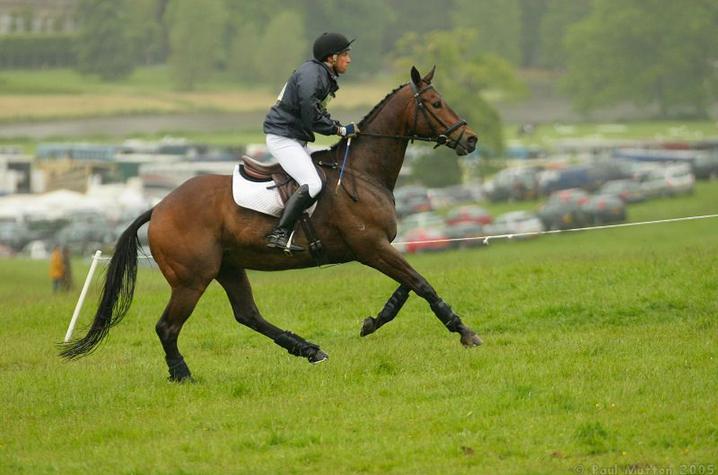
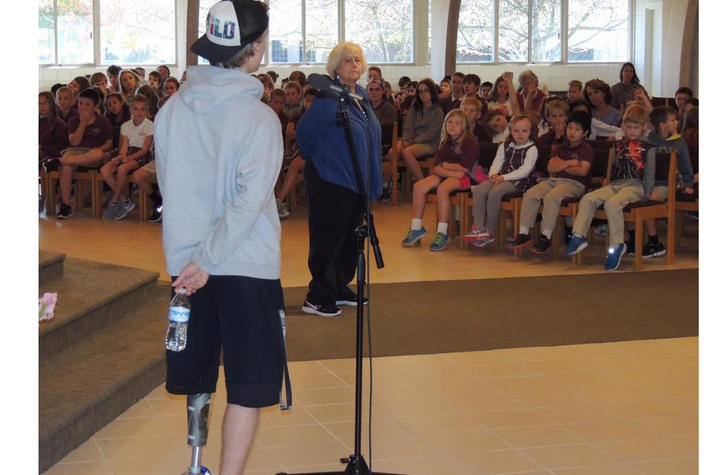


The University of Kentucky Center for Health Services Research (CHSR), which serves as a connector, catalyst and creator at UK and UK HealthCare, announces the launch of its new website and seeks membership applicants for its efforts in applying research to optimize health care delivery. The CHSR is focused on creating, testing, and scaling next-generation health services research solutions to improve the efficiency and effectiveness of health delivery within Kentucky and beyond.

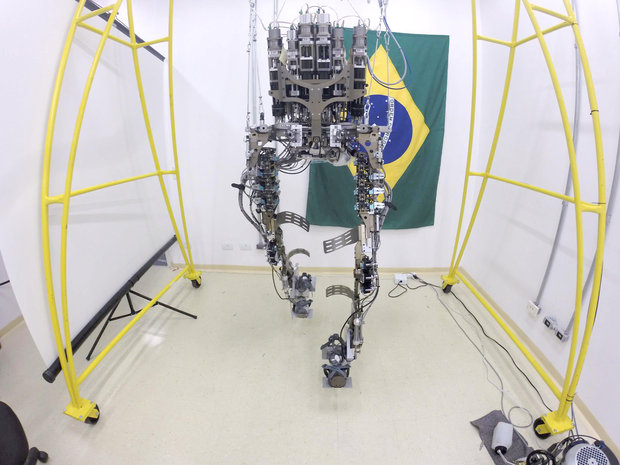
Dr. Lumy Sawaki cried as she watched one of her patients, who has no motor or sensory function, take a first step.
But it wasn't a normal step. The patient was wearing a helmet and a full-body, robotic exoskeleton — reminiscent of something in a Marvel superhero movie.
Sawaki recalled knowing the paralyzed patient couldn't feel the foot hit the ground, but the patient's eyes lit up and Sawaki considered that step, after months of rehabilitation, a major accomplishment.
